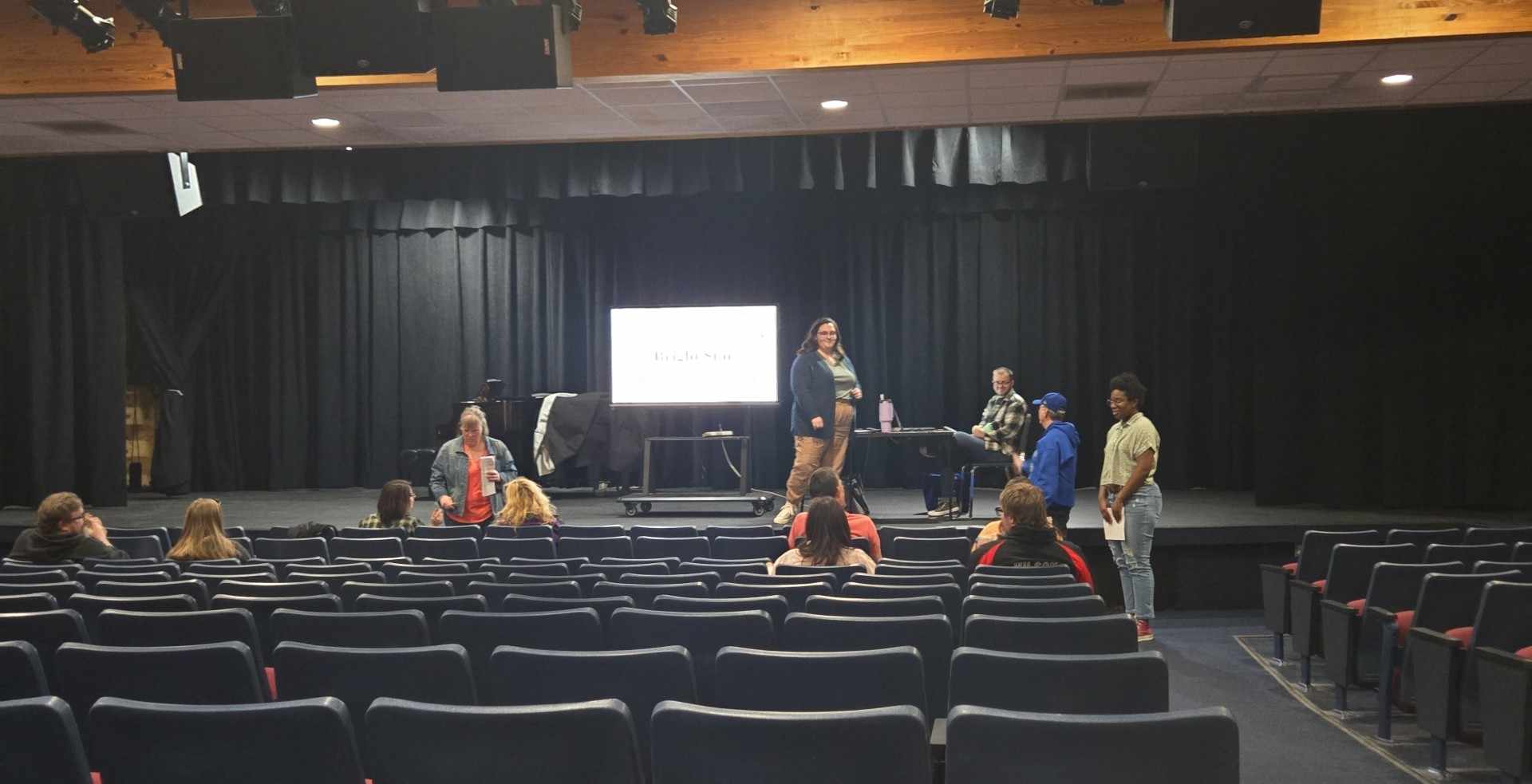Concerns around RPIC grant goal addressed
The Research to Practice Inclusive Communities (RPIC) Grant that the Cadott School District has received, was discussed in greater depth during a Committee of the Whole meeting, Sept. 28, to answer questions the board members have been asked by constituents.
Jenny Starck, district administrator, says the district received the five-year grant, because the district was classified as “needs assistance” when looking at state test results for students with disabilities. She says all the data is from the 2018-19 school year, since that is the last time anyone took a state test.
Starck says math proficiency, ELA proficiency and educational environment were the three areas flagged for the district.
“What they want, is students educated with their general ed peers as much as possible,” said Starck, of the educational environment.
Starck says part of what penalized the district, is the district often had to go to three year olds who have special education needs, before the three-year-old head start program. In that case, the instructor would go to the youth’s daycare or home, so they did not have general ed peers to be taught around.
She says the students are now able to be served alongside their peers in-district, through the head start program.
“So, that piece in itself should impact that data point in a positive way,” said Starck.
Starck also shared data with those present, breaking down scores for those in poverty or with disabilities, compared to those without.
Starck says the equity training that has recently been a conversation point, is just one strand of the grant requirements. She says the equity training is broad, with some districts attending without the grant. Starck says Cadott’s area of need is working with students with disabilities, whereas other parts of the state might need more training on minorities.
“Another strand that we have talked about a lot in this district, is PLCs (Professional Learning Communities),” said Starck.
The PLCs work together to help problem-solve and find ways to best instruct all kids. There is also training for school leaders.
“We want everybody to improve,” said Starck.
She says the instruction will help those students who are already proficient to exceed.
Starck also talked about the budget. She says all the budget for the grant goes to staff training. Last year, staff participated in universal reading instruction training, which was covered by the grant.
Rod Tegels, board president, says he has gotten questions from constituents about the core values of the equity training, and asked Starck for a deeper explanation of what those values are.
“I would say the core values for that are going to be more inclusion, especially for students with disabilities,” said Starck. “What we’re finding, is if they are expected to perform on a state assessment and haven’t been in the general education class...they won’t even have had a chance to experience it.”
Starck says the equity portion of the grant is important, to make sure they are in the classroom where the PLCs are happening. She says even if the district has great general education classrooms, if special education students are never in them, the district will not see an impact on their scores.
Starck also noted that there are laws mandating the inclusion of students with special education needs.
Starck used an example shared in equity training. She says all protected classes were discussed at the classes, but implementation fits the district’s needs, which for Cadott, revolves around special education.
She says there are laws about discrimination for all protected groups and the district must follow the law, regardless of whether or not they have the RPIC grant.
Starck used the example of race. She says it was a topic discussed at the training, but since Cadott has a very small minority race population, no action plans were formed around race. She says the topic would be handled more at an individualized level, if needed, or through the work the district is already doing.
She says English language learners are another example, where Cadott had none for a while, then they had five. Starck says the district had to develop some supports for those kids that they did not have before, because there was no reason for them.
“We’re here for all kids, and we want all kids to feel respected and included,” said Starck.
She says proactive curriculum or advocacy isn’t included.
Board member Mark Schley says he thinks the equity piece around sensitive issues needs to be clarified, since there is public concern.
Starck says she is struggling with the issue of how to explain, “how do you show what you’re not doing?” She says they are not promoting any minority group. The training is around addressing minority groups that they have, and making sure each student achieves and learns the most they can.
Starck says the grant reporting for the district will be around results for students with disabilities and results for students with poverty. She also asked the board for input on what other transparency the district can provide.
Board member Brad Sonnentag asked if it would be possible to bring up the grant during the annual meeting. Others were not sure of the legality of bringing it up during the annual meeting, but agreed to put it on an upcoming agenda.



